Something is wrong with the links. But copied url of the video. Looks great. How did you made the rfid cards? Printed? You could answer in german if this is allowed :) I designed my cards with photoshop, printed them ("Foto SOFORTDRUCK" at DM) and laminated it together with the rfid card.
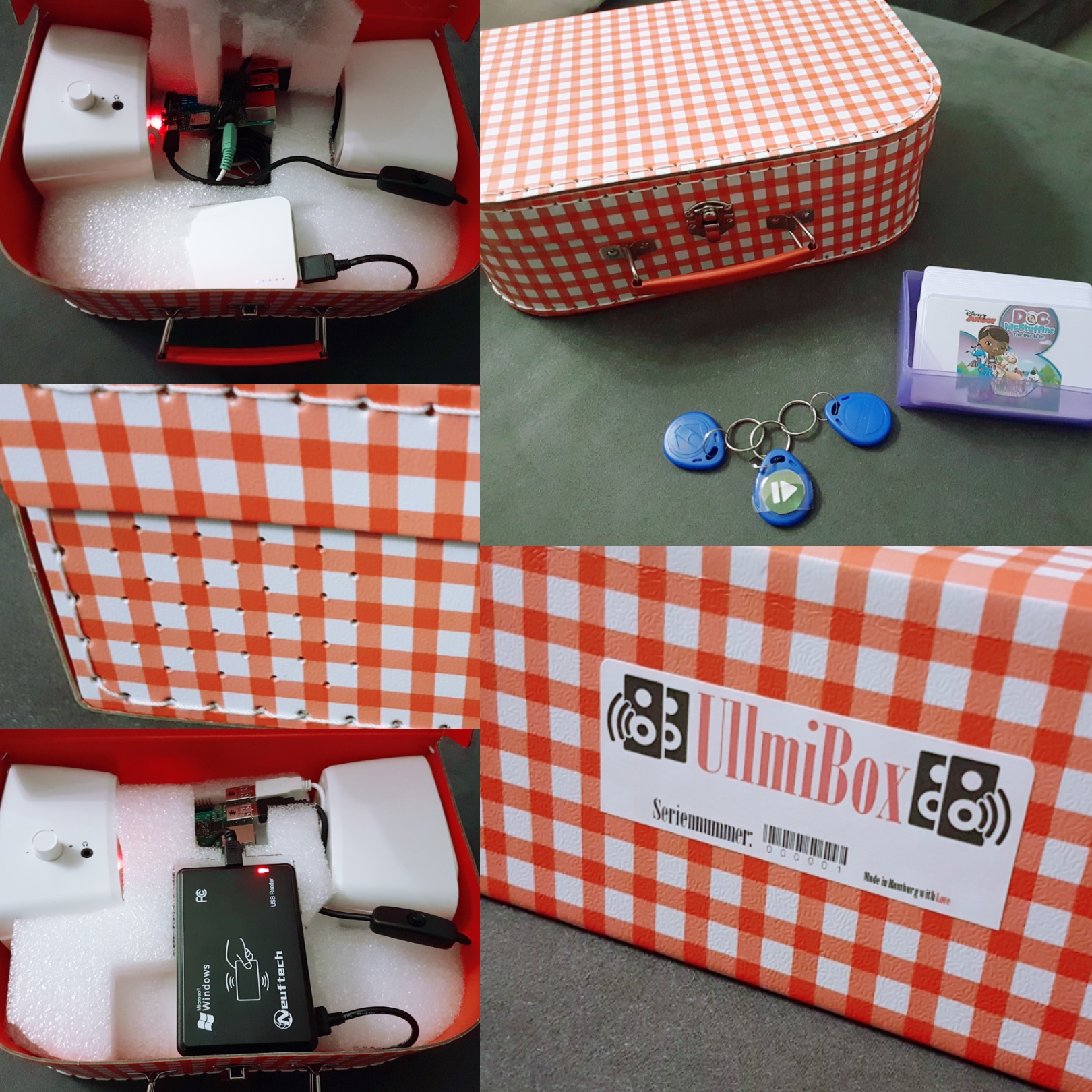


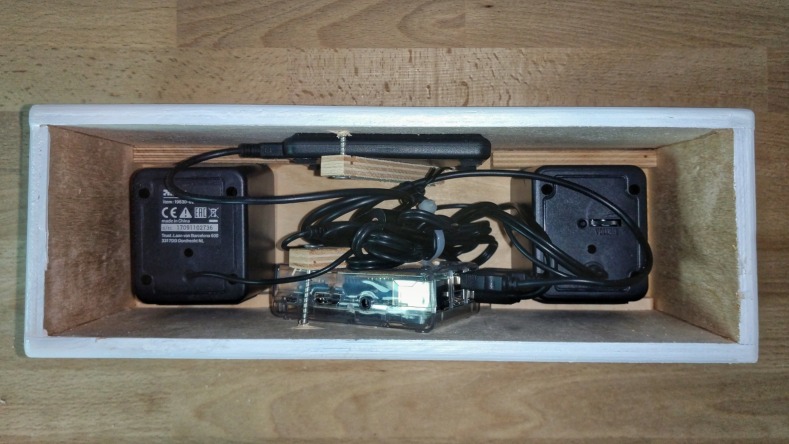

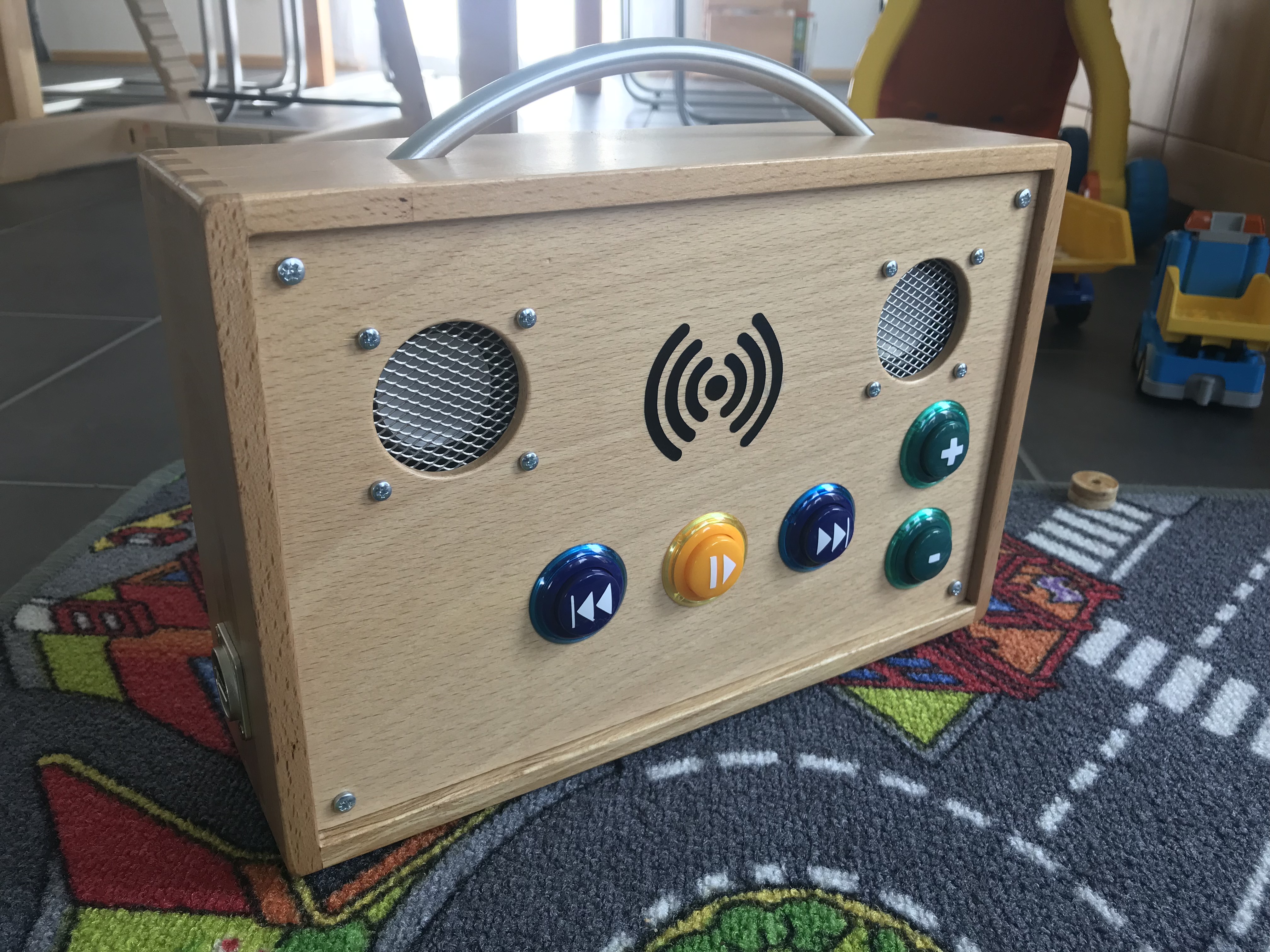




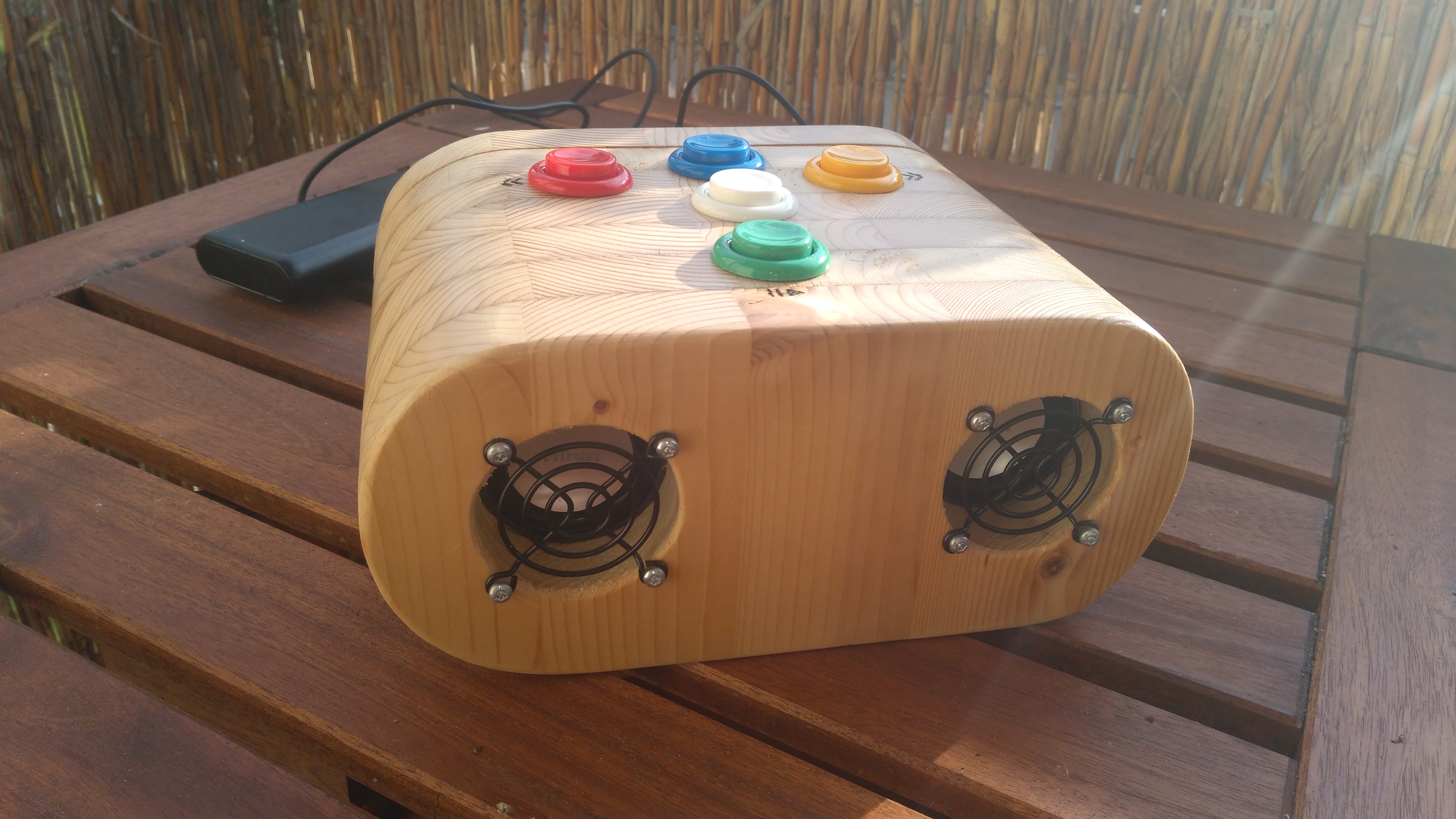

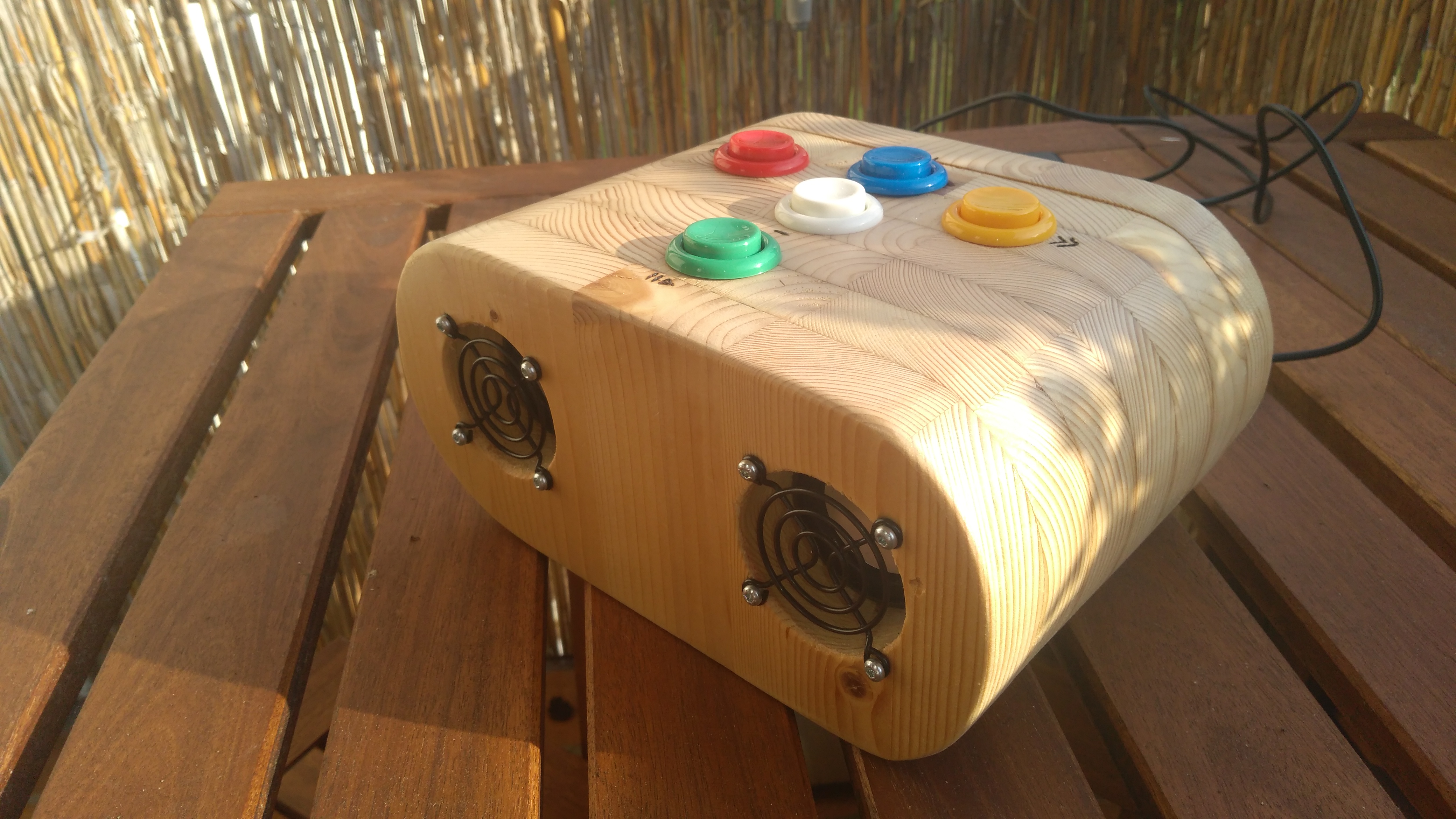






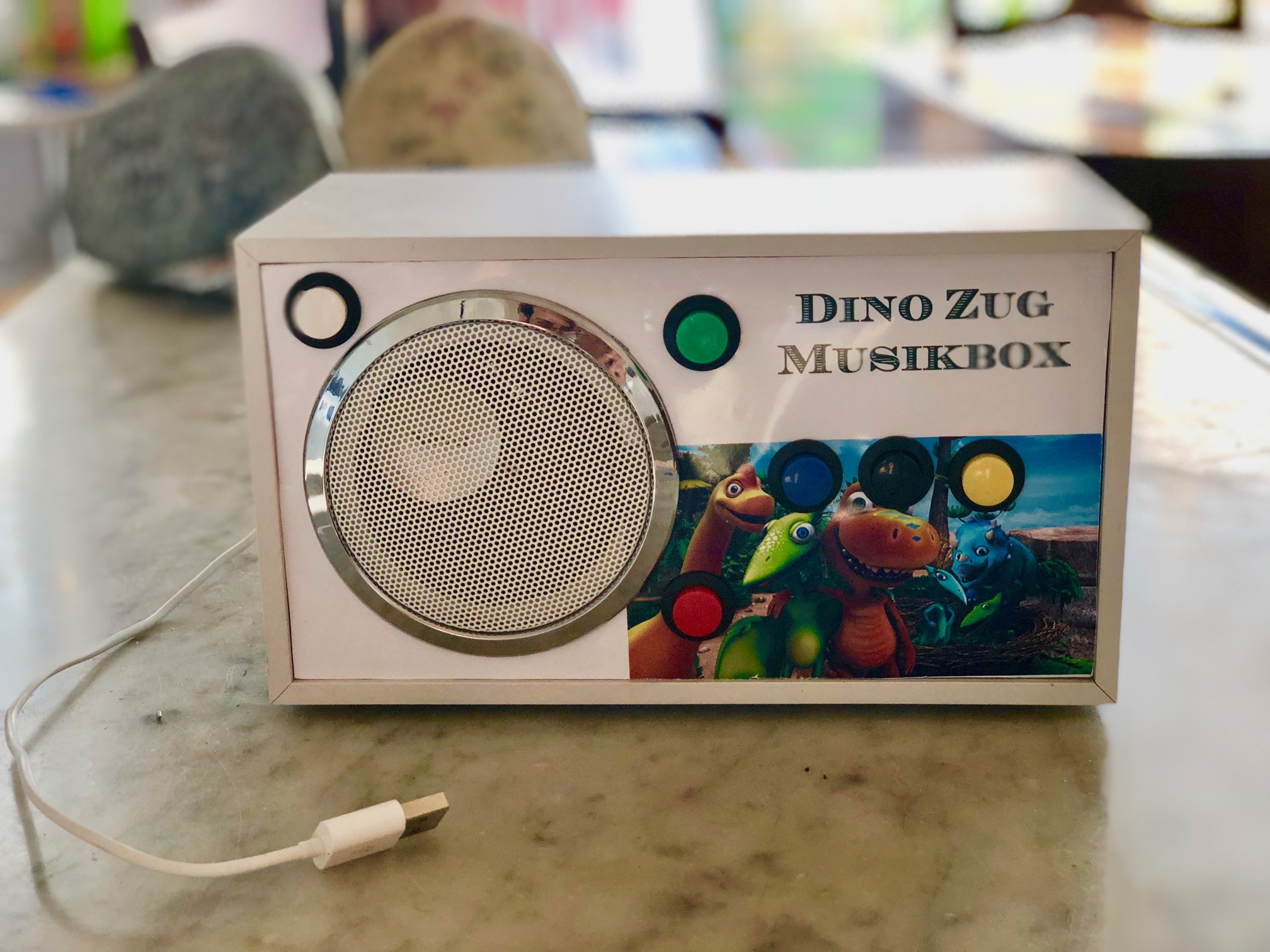




























Here are some pics of my Jukebox. Thank you Micz for your support.
http://www.directupload.net/file/d/4944/v2zyipxd_jpg.htm
http://www.directupload.net/file/d/4944/nv7jdoy9_jpg.htm
http://www.directupload.net/file/d/4944/axcns3d6_jpg.htm
http://www.directupload.net/file/d/4944/96dalxrv_jpg.htm
http://www.directupload.net/file/d/4944/lnetffm4_jpg.htm
Video